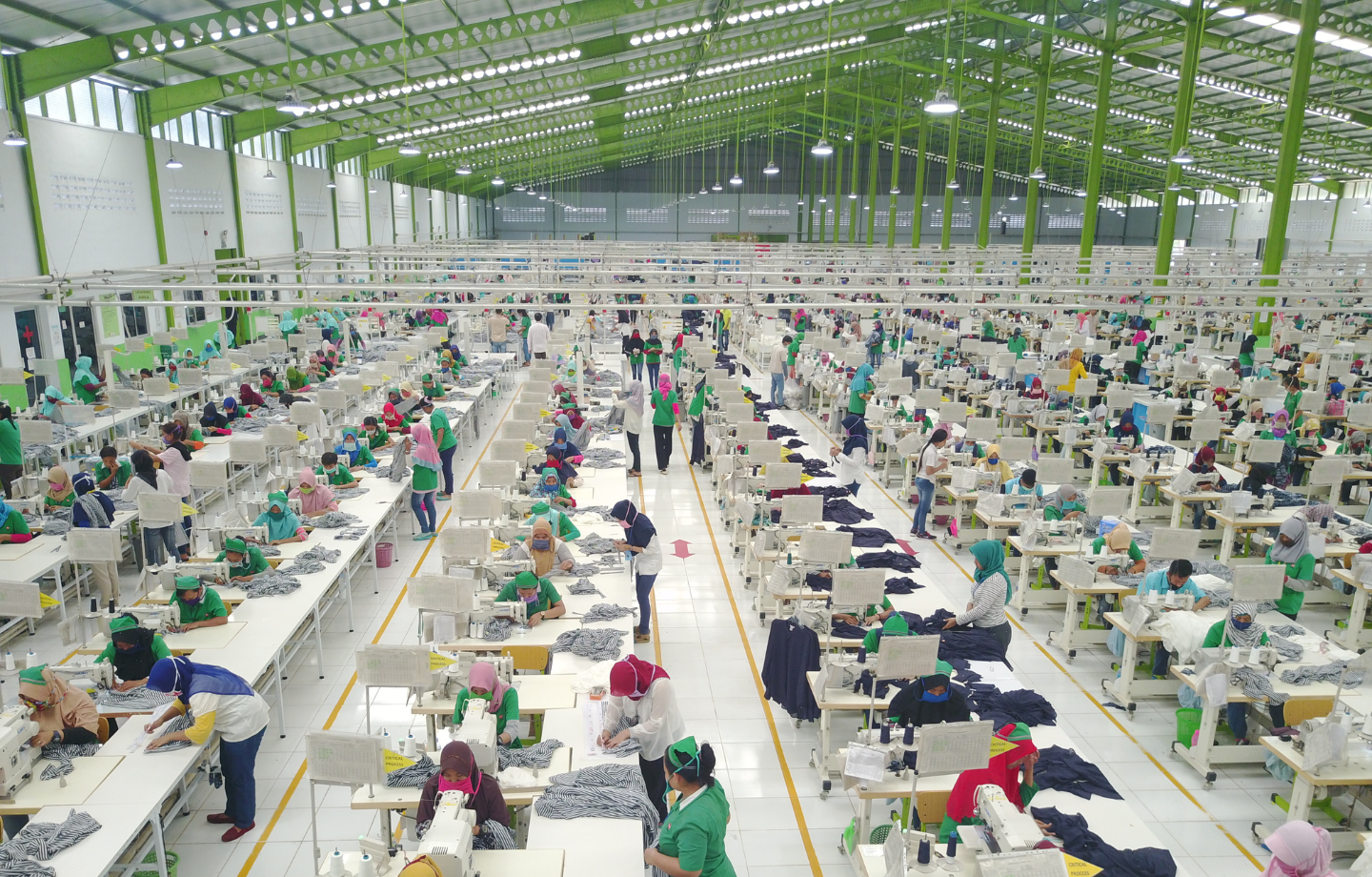How to Address the Exploitation of Seasonal Migrant Workers in the UK

June 6, 2024
The UK relies on migrant workers to keep its farms running. But United Nations experts have recently expressed alarm that these workers are being saddled with unfair recruitment fees and other forms of exploitation. The UN has urged the UK government to oversee employment of migrant laborers more effectively and uphold the country’s human rights obligations.
The Seasonal Worker Scheme (SWS) is a visa route for migrant workers in the UK’s horticulture and poultry sectors. The SWS has been in operation since 2019 but has been rapidly expanded in recent years, increasing from 2,500 workers to 45,000 visa places for horticulture in 2023 and a further 2,000 for poultry production. The SWS aims to fill Britain’s post-Brexit agricultural labor shortage. Under the program, most migrants arrive from Central and Southeast Asian countries— Kazakhstan, Uzbekistan, Kyrgyzstan, Indonesia, Tajikistan and Moldova.
Research from Focus on Labour Exploitation, a London-based charity working to end human trafficking for labor exploitation, recently confirmed fears that many migrant workers arriving on British farms as part of the SWS are borrowing on average £1,231 ($1,573) to come to the UK, with some workers paying up to £5,500 ($7,020). Nearly three-quarters of workers in the sample of more than 400 had taken out a loan to cover the cost of coming to the UK to work, and 77% of workers reported earning less money than they had been told they would earn. Several workers reported paying illegal job-finding fees to brokers in their country of origin on top of the lawful Home Office visa fees, air fares and other expenses. One woman from Kazakhstan told researchers that “a lot of people in Kazakhstan have sold their belongings or their assets to have enough money to come here.” What’s more, two in five workers reported receiving their contract in a language that they did not understand.
The requirement for SWS workers to meet many, if not all, of their recruitment-related costs distinguishes this visa route from similar visa systems in other countries. In the U.S., under the H-2A visa, it is illegal for employers or recruiters to charge workers fees for job placement. In Australia and Canada, under their equivalent visa schemes, these costs are shared between the employers and the state.
The International Labour Organization’s General principles and operational guidance for fair recruitment “recognizes the principle that workers shall not be charged directly or indirectly, in whole or in part, any fees or related costs for their recruitment.” This is referred to as the Employer Pays Principle (EPP). Investor groups with £800bn in assets have called for food retailers in the UK to implement the EPP across their supply chains to eliminate the risks of debt bondage and forced labor for migrant workers.
The Supplier Ethical Data Exchange (Sedex) recently adopted new rules that will require British farming businesses to cover the cost of recruitment and transportation fees for the seasonal workers they employ. Sedex, an organization dedicated to improving responsible business practices in supply chains, is backed by all major UK supermarkets.
It is estimated that the proposed new rules from Sedex, which will come into force this summer, could cost growers between £45 million and £90 million, accounting for between £1,000 and £2,000 per worker. In April of this year, the chair of the British Berry Growers Association, Nick Marston, expressed concern to The Grocer about how growers will cover this cost and how they will navigate the increased logistical complexity that the rules pose.
The Landworkers’ Alliance, a union of agro-ecological farmers, growers and workers in the UK, has called for UK supermarkets to pay the recruitment-related fees and costs for migrant workers. There are fears that British farmers will be unable to afford to comply with the EPP. Fruit and vegetable farmers are already facing financial uncertainty as a result of extreme climate changes, with nearly half of British growers fearing that they will go out of business in a year’s time. Furthermore, research conducted by the New Economics Foundation found that supermarkets absorb most of the value of farm products, receiving 55% of the value of strawberries, while only 2% of the value goes to farmers as profit.
UK supermarkets must take responsibility for implementing and covering the cost of the EPP in the UK. As farmers and growers globally are facing increased financial uncertainty as a result of climate change, supermarket businesses need to step up to help their producers alleviate the risks of debt bondage and exploitation faced by migrant workers.
 Global Labor
Global Labor


